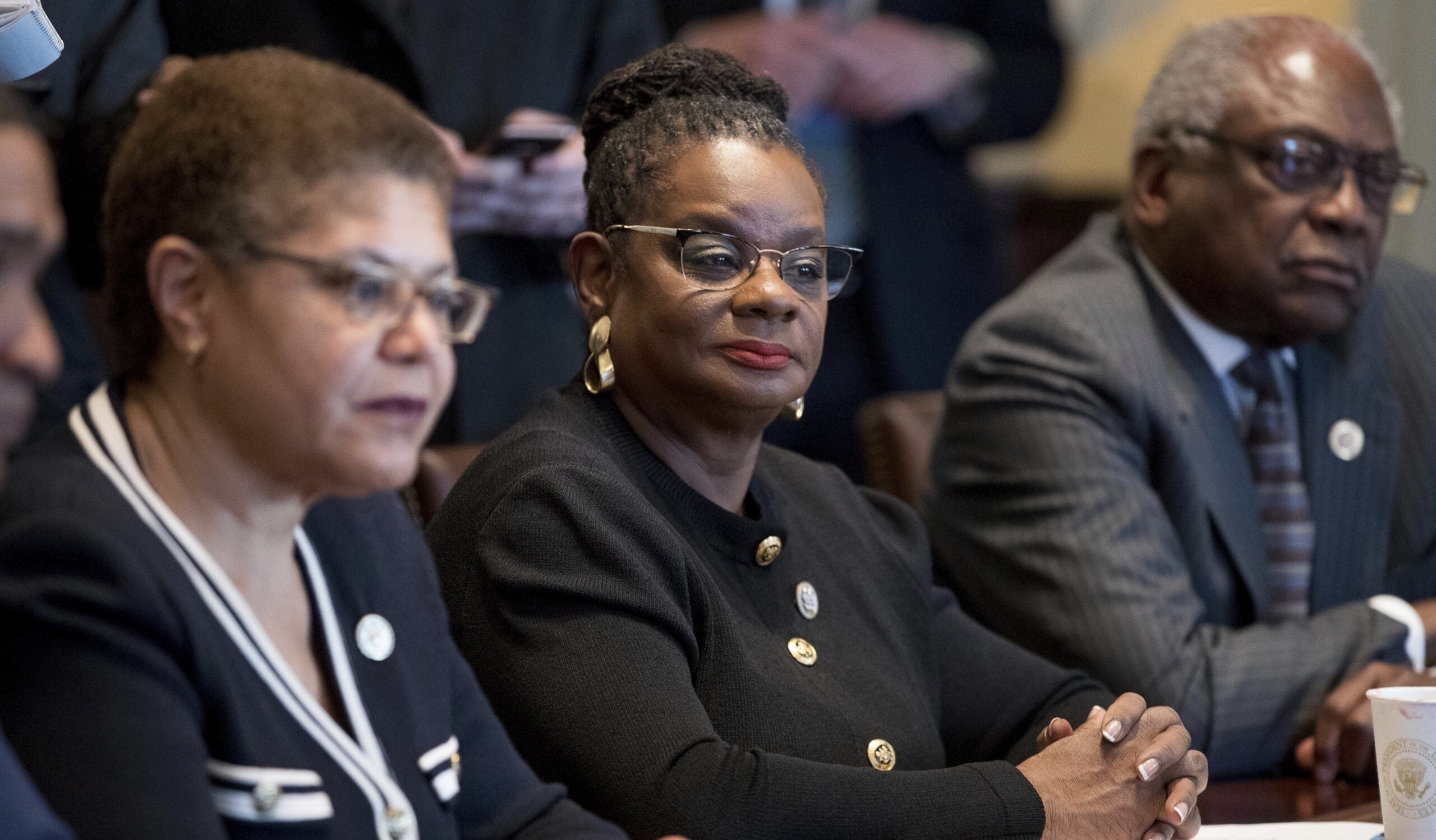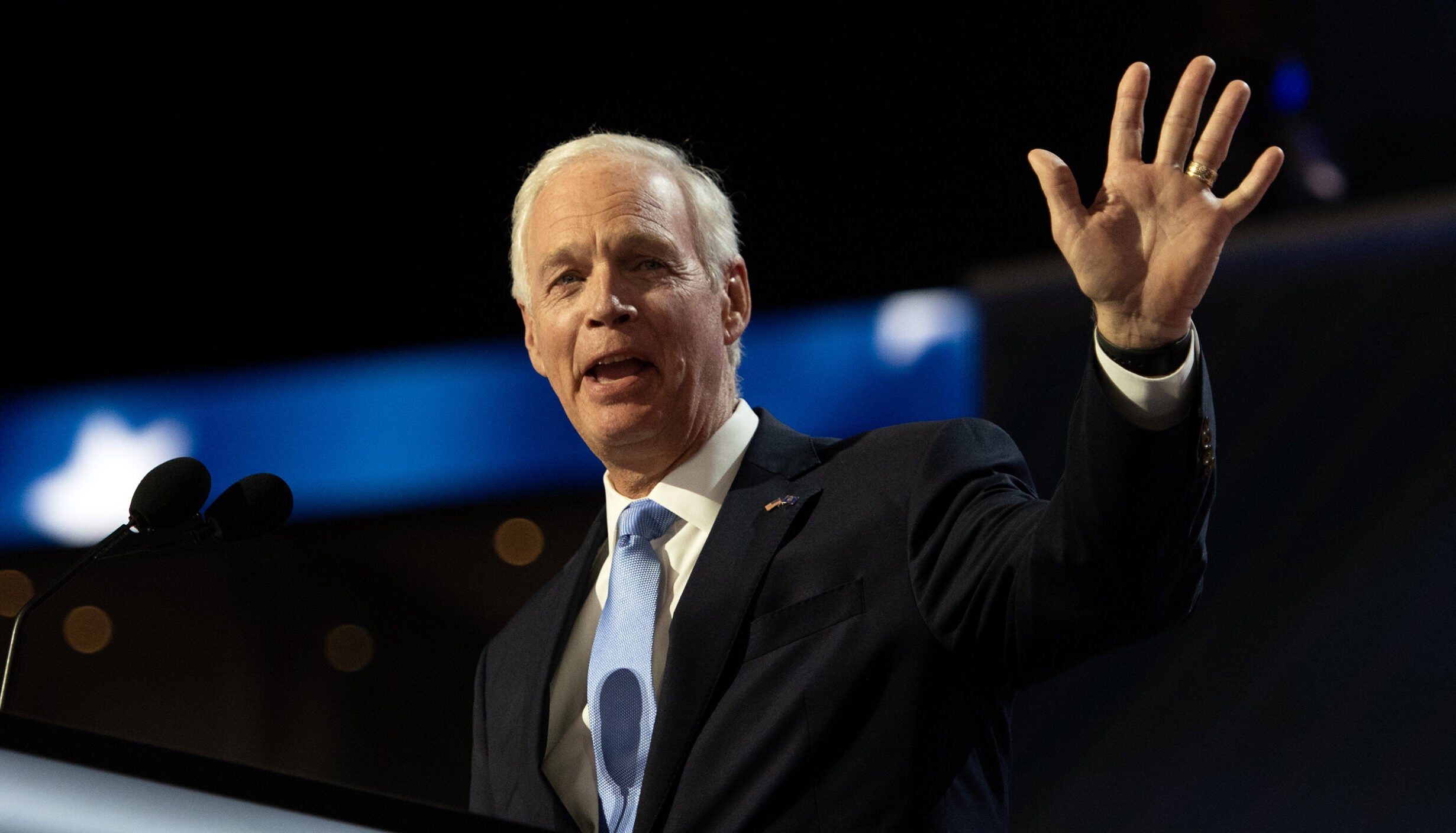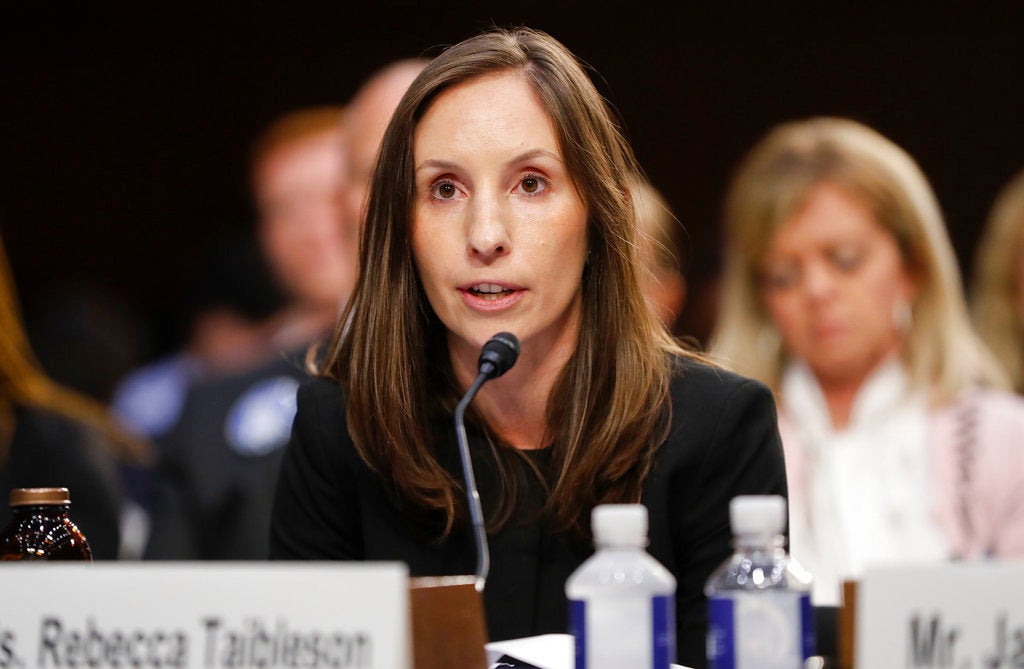When U.S. Sen. Tammy Baldwin narrowly won reelection to her seat last week, she was one of a handful of progressive Democrats elected to national office in the same state that also voted to send President-elect Donald Trump back to the White House.
Like Wisconsin, the other examples happened in swing sates. Trump also won Michigan, Nevada and Arizona, which also saw Democrats elected to the Senate.
J. Miles Coleman, a political analyst with the University of Virginia Center for Politics, said that leading up to election day, he saw those states as likely to elect Democratic senators, even as their presidential races seemed like toss-ups.
News with a little more humanity
WPR’s “Wisconsin Today” newsletter keeps you connected to the state you love without feeling overwhelmed. No paywall. No agenda. No corporate filter.
“And, man, I tell you, I did not appreciate just how much my thinking would be put to the test,” he said.
Baldwin has long been an outlier in Wisconsin’s political scene, routinely outperforming her party-mates, especially in rural parts of the state. In her first two elections for Senate, she carried some counties twice that also went twice for Trump in his first two races for president.
That was due in part to split-ticket voters. While Baldwin and Trump had not previously shared a ballot, some portion of Wisconsin voters selected the Republican presidential nominee and the Democratic Senate candidate in their respective races, earning a moniker from the Baldwin camp: “Trump-Tammy voters.”
Even before last week’s squeaker outcome, Baldwin predicted those ticket-splitters would be fewer in number.
And a post-election analysis shows that to be true. Exit polls show that about 4 percent of Wisconsin Trump voters also voted for Baldwin, and 3 percent of Wisconsinites who voted for Vice President Kamala Harris also cast their ballots for Baldwin’s Republican opponent, Eric Hovde.
The Wisconsin division has more to do with turnout numbers. Both Trump and Baldwin won by a similar margin of about 0.9 percent of the vote, or about 29,000 votes.
But the Senate race had third-party candidates that took a larger share of the vote. Third-party candidates ended up with about 2.1 percent of the total Senate vote share, compared to a combined 1.4 percent in the presidential contest.
The independent Senate candidates both ran right-of-center, and Hovde has accused the far-right Thomas Leager — who earned just under 29,000 votes — of being a spoiler propped up by Democrats.
Baldwin also outperformed Harris a majority of Wisconsin counties, with notable exceptions including the Milwaukee suburban counties of Washington, Ozaukee and Waukesha. Also known as the WOW counties, Harris made a concerted effort to cut into this Republican stronghold, and while she ran strong there for a Democrat, it was not enough to offset her losses elsewhere.
Coleman said that, of all states that flipped from supporting President Joe Biden in 2020 to Trump in 2024, Wisconsin had the least movement from left to right.
“It probably speaks to the strength of the state Democratic Party that, at least compared to a lot of other states, they were really able to kind of limit the shift towards the Republicans,” said Coleman.
Wisconsin has long stood out for its relatively even political divisions. It is, after all, represented by both Baldwin, a progressive Democrat, and Ron Johnson, a hardline conservative, in the U.S. Senate, and this year’s presidential race was the third in a row to be decided by less than a percentage point. Its 2024 finish was the slimmest margin in the country.
In Nevada and Michigan, Democratic U.S. Sen. Jacky Rosen and U.S. Rep. Elissa Slotkin narrowly won their respective Senate bids, even as Trump took their state’s electoral college votes. In Arizona, Democratic U.S. Senate candidate Reuben Gallego was announced the winner over Republican Kari Lake after a week of ballot-counting.
In Pennsylvania, another key swing state, the margins were close, but the outcomes were different. Incumbent Democratic U.S. Sen. Bob Casey outperformed Harris but narrowly lost, and Trump took the state’s electoral votes.
Hovde, Baldwin’s Republican opponent, has not conceded the race. On Tuesday, as county clerks began their official canvass, he announced he would not do so, saying he was waiting for “final information.”
Editor’s note: This story was updated to denote the number of counties where U.S. Sen. Tammy Baldwin outperformed Vice President Kamala Harris.
Wisconsin Public Radio, © Copyright 2026, Board of Regents of the University of Wisconsin System and Wisconsin Educational Communications Board.







